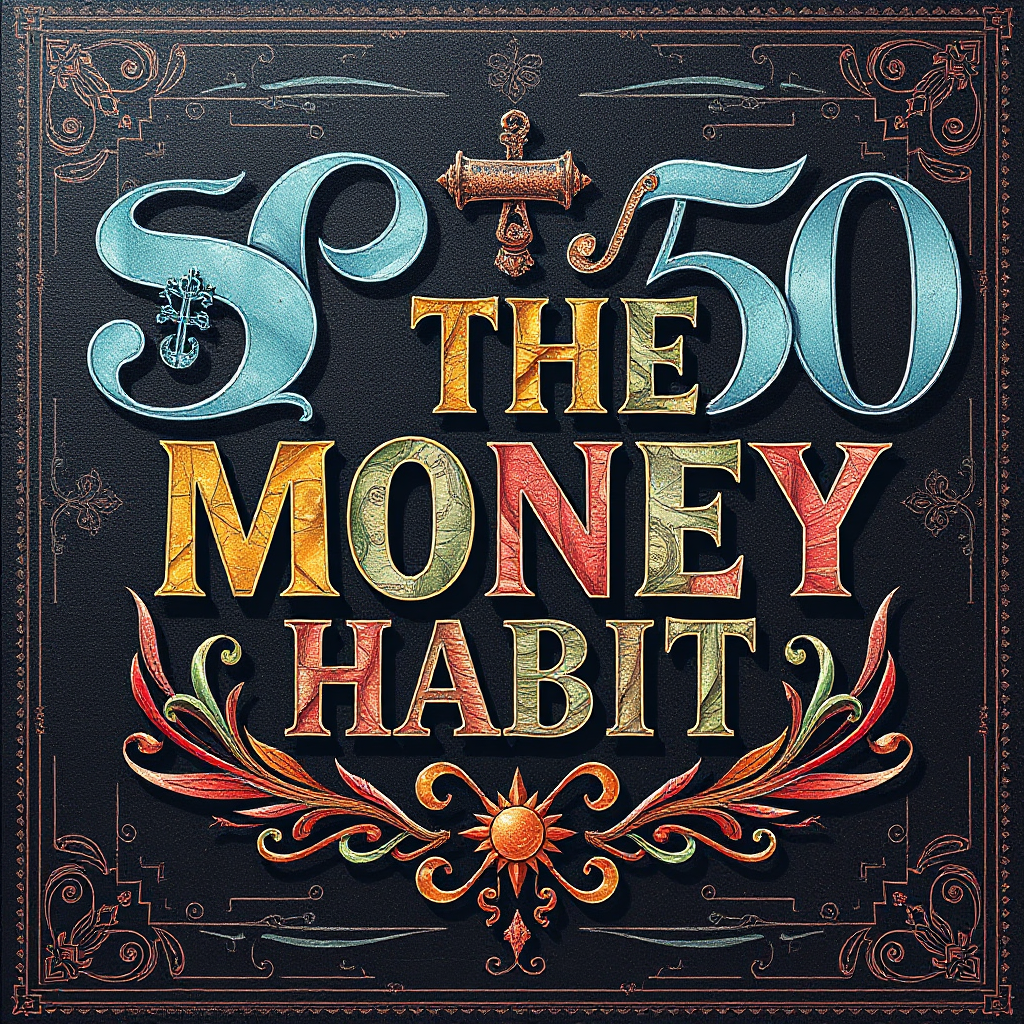
Your 30s can feel like the most unpredictable decade of adulthood. You might be advancing in your career, starting a family, paying off student loans, or even buying your first home. But amid all the life changes, one thing remains true—your financial choices now can shape the rest of your life. Developing smart money habits in your 30s isn’t just about saving for retirement; it’s about creating a lifestyle that supports freedom, security, and peace of mind.
First, let’s talk about budgeting. Many people avoid it because it feels restrictive, but it’s actually empowering. A good budget gives your money direction. It allows you to understand your income, track your spending, and set realistic goals. Whether you’re using an app like YNAB (You Need A Budget) or simply creating a spreadsheet, knowing where your money goes each month is the first step to building long-term wealth.
Next, pay yourself first. That means treating savings like a fixed bill, not an afterthought. Set up automatic transfers to a high-yield savings account or investment portfolio as soon as your paycheck lands. Even if you’re only saving 10–15% of your income, doing this consistently will lead to serious gains thanks to compound interest. Remember, the earlier you start, the more time your money has to grow.
Another essential habit is living below your means. This doesn’t mean you have to deprive yourself,it means making choices that reflect your values, not just your income. It’s easy to get caught up in lifestyle inflation as your earnings grow, but learning to separate wants from needs will keep you financially grounded and help you avoid debt traps.
Speaking of debt, tackle high-interest loans as aggressively as you can. Credit card debt, payday loans, and personal loans with double-digit interest rates can eat away at your financial progress. Use methods like the avalanche or snowball approach to pay down debt and celebrate small wins along the way. Reducing your liabilities frees up more income for saving, investing, or building a business.
Lastly, invest in your financial literacy. Wealth isn’t just built through saving,it’s built through understanding. Read books, listen to finance podcasts, follow trusted voices in the personal finance space, and don’t be afraid to ask questions. The more informed you are, the better financial decisions you’ll make. Remember, your 30s are a foundation-building decade. What you do now can either set you up for decades of ease—or years of regret. Start building wealth with intention, one smart habit at a time.